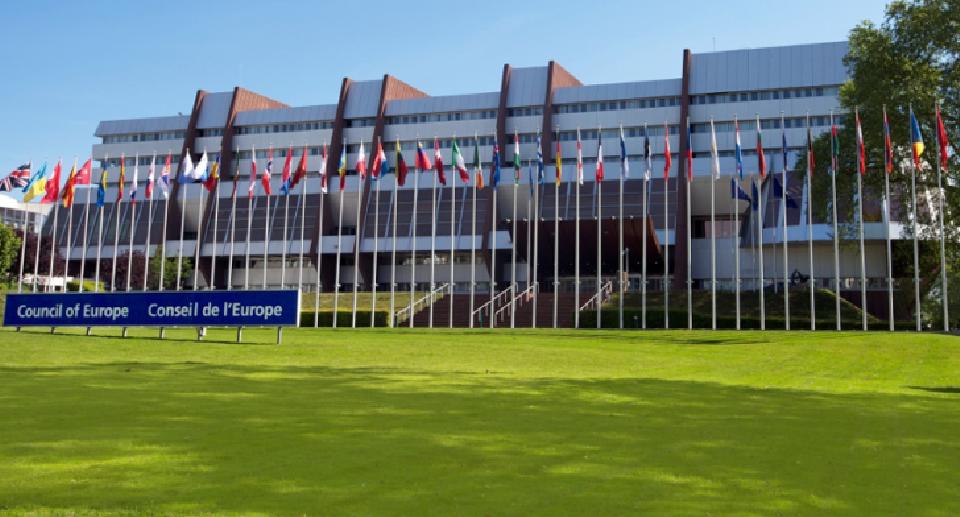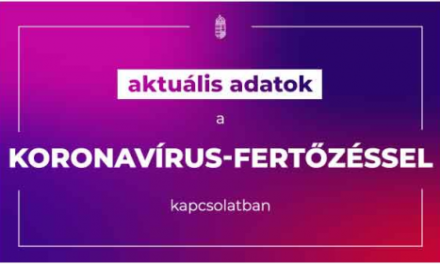As is known, on May 21, Hungary took over the presidency of the Council of Europe's Committee of Ministers from Germany. The Hungarian presidency, which runs until November 17, will have three top priorities: the situation of indigenous national minorities, the protection of religious communities, and the rights of families and children.
The Council of Europe is not an institution belonging to the EU, and therefore its members are not exclusively EU member states. Currently, 47 countries are members of the cooperation, with which it is the largest international organization in Europe - only Belarus and the Vatican are not members from the continent.
The organization has implemented a number of intergovernmental programs since its foundation in 1949, but for many it is primarily known for its two institutions: the European Court of Human Rights and the Venice Commission. Our country joined the organization on November 6, 1990, as the 24th member.
In January of this year, the European Council swept the Minority SafePack, dealing with the protection of national minorities, off its table. However, as Péter Szijjártó recently indicated, one of the priority areas of the Hungarian presidency will be the issue of national minorities, on which our country can have several natural allies, just think of the Catalans or Basques in Spain, or the Austrians living in South Tyrol and the Russians living in Latvia .
The position of the European countries is therefore contradictory, many nations take a position in favor of strong protection of minorities, while where there are typically a larger number of minorities living in a given area (for example, Hungarians in Transylvania), those countries do not welcome the expansion of further minority rights. The goal of the Hungarian presidency is to enforce the rights of indigenous minorities more effectively.
The protection of religious communities has long been a matter of great importance for Hungary. With this in mind, the Hungarian government launched the Hungary Helps program in 2017, and Budapest will host the 52nd International Eucharistic Congress in September, on the closing day of which Pope Francis will visit our country.
In recent years, unfortunately, the process of people being persecuted or violently attacked because of their religion has become increasingly stronger. Christians are one of the biggest victims of religious discrimination outside of Europe. According to a recently published research, around 340 million Christians are persecuted for their religion worldwide, primarily in Africa and Asia.
In addition to national minorities and religious communities, the Hungarian presidency wants to include the protection of children and families among the priority topics of the Council of Europe over the next six months.
In addition to the fact that the support of families has been of particular importance in our country for more than ten years, and as a result the unfavorable demographic process has also been stopped, the Hungarian Presidency wishes to draw attention to the new challenges faced by families caused by the coronavirus epidemic. The pandemic increased the importance of digital social spaces both in terms of the number of users and the time spent there.
This process can be particularly dangerous for children, as they are a vulnerable target group for digital criminals, including pedophiles, which is why the Hungarian presidency has prioritized the protection of minors in the digital space in the next term.
You can read the entire article on Origo.













